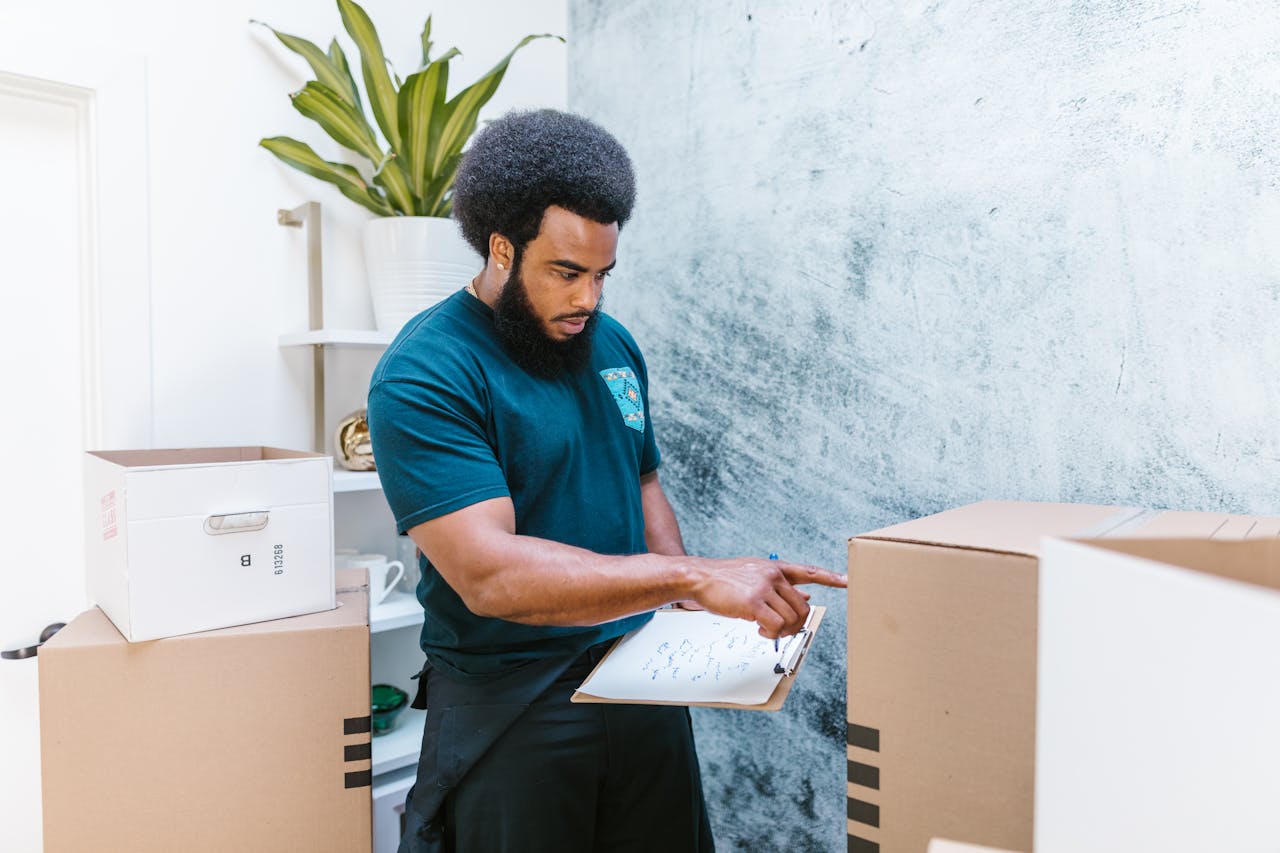When Your Office Outgrows Your Space: Smart Moves for Small Businesses in Boston
Running a small business in Boston often means learning how to stretch limited space. At first, the cozy office you started with may feel just right. Over time, though, growing staff, more equipment, and added storage needs can make that same office feel cramped. Deciding when to upgrade your workspace is part of building a stronger future for your company.
This transition can feel overwhelming, especially in a city where office rentals move fast. The good news is that planning makes a big difference. Boston's small businesses have unique needs, and knowing when to bring in support such as reliable commercial movers can save both time and stress. With the right strategy, relocating can open new opportunities without slowing your momentum.

Signs It's Time to Move On
It can be hard to know when you've truly outgrown your space. Some signs are obvious, while others creep up slowly until you realize the office no longer works for your team. Look for these common indicators:
- Desks are crammed together, leaving little room to move.
- Meetings spill into hallways or common areas.
- Storage solutions are maxed out with no room for files or supplies.
- Productivity feels limited by lack of comfort or organization.
- Clients and visitors mention that your office feels too tight.
If several of these feel familiar, it may be time to start scouting for larger or more flexible options.
Planning Around Your Lease
Boston's rental market can be competitive, so it helps to line up your move with your lease timeline. If your current agreement is nearing renewal, start exploring your options early. That way, you're not locked into another year of struggling with limited space.
Read the fine print on your lease for notice periods and potential fees. Some landlords may be open to a mid-lease break if you communicate early. In other cases, subletting could be a smart workaround until you're ready for the next step.
Keeping Operations Running Smoothly
One of the biggest worries for small business owners is downtime. Even a day without internet or phone service can feel like a setback. With careful preparation, though, you can keep things running while making the move.
Start with a clear schedule that breaks tasks into phases:
- Sort and declutter before packing.
- Label boxes by department or function.
- Back up all digital files in case of unexpected hiccups.
- Assign a move coordinator within your team.
When your staff knows exactly what to expect, the move feels less like chaos and more like a manageable project.
Making the Most of Your New Space
A fresh office is a chance to rethink how you work. Don't just drop desks and storage where they landed before. Instead, consider what your team needs now.
Open layouts can encourage collaboration. Small breakout areas make it easier for teams to brainstorm. If you often meet with clients, prioritize a welcoming reception area. Even small design updates like better lighting or indoor plants can lift the mood and boost productivity.
How to Ease the Stress of Moving
No matter how organized you are, moving an office is never simple. That's why so many Boston businesses choose outside help. Professional movers understand how to disassemble, transport, and reassemble office setups with minimal disruption. They also protect equipment and furniture so you're not stuck replacing damaged items.
Hiring experts means your team can focus on work instead of heavy lifting. This keeps productivity steady and avoids the risk of injuries or missed deadlines. For many small businesses, that peace of mind is worth the investment.
Creating Long-Term Flexibility
Boston's business landscape changes fast. What feels spacious now may be tight again in a few years. To stay ahead, think about flexibility when selecting your next office. Look for spaces with open floor plans that can be adapted as your team grows.
Another smart move is choosing a lease that offers shorter terms or renewal options. This gives you the freedom to move again if needed without being locked in. Flexibility helps your business grow at its own pace.

Wrapping It Up
Outgrowing an office is a natural part of running a small business in Boston. It signals progress and new opportunities. By spotting the signs early, planning around your lease, and keeping operations steady, you can move with confidence. Add in the right support, and what once felt like a daunting task becomes a smooth step forward.
Relocating is more than a logistical shift—it's a chance to design a space that fits your team today and sets you up for the future. Done right, your new office can help unlock the next chapter of your business story.
Published 9/2/25